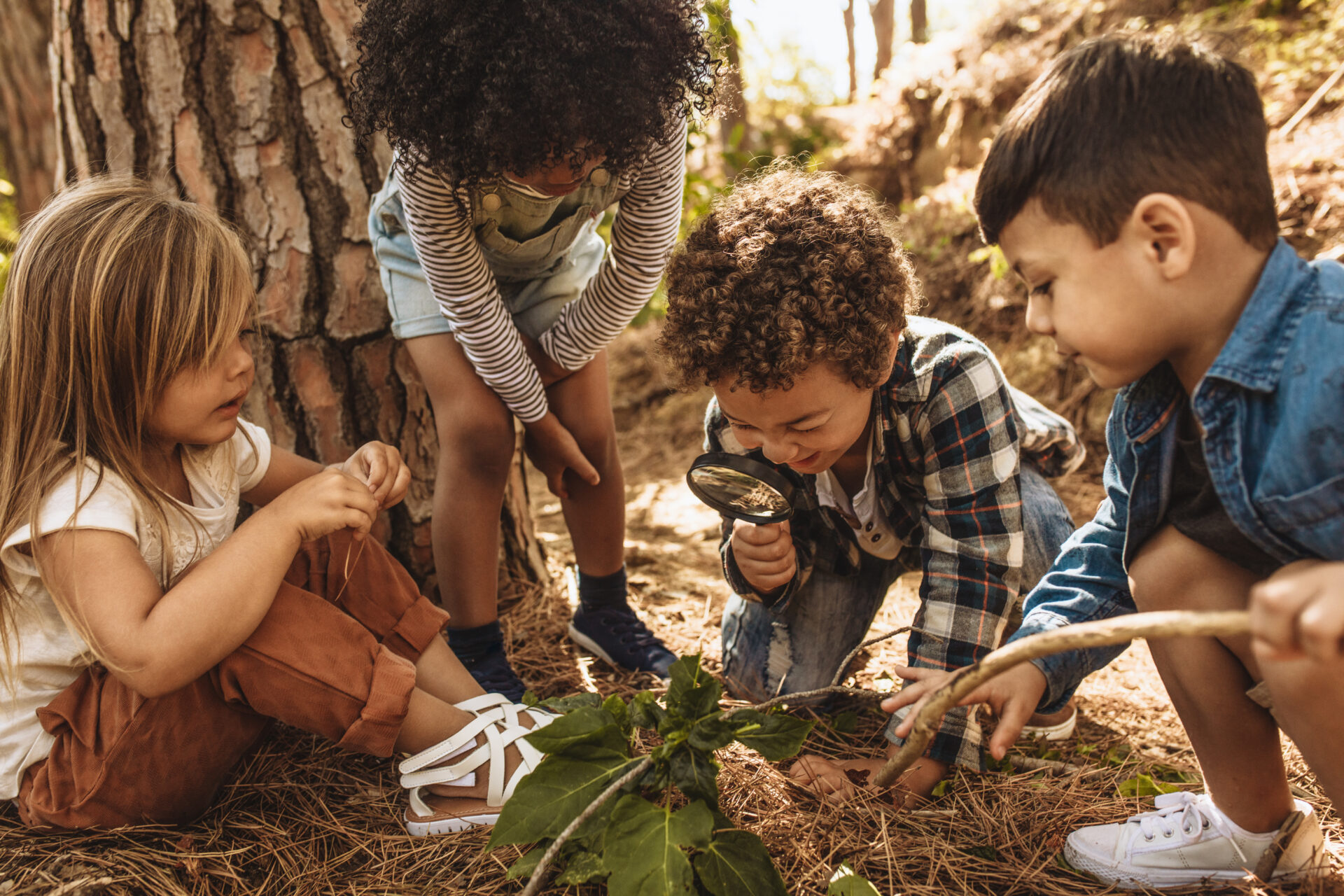Educators and researchers have increasingly recognised the profound impact that natural environments can have on student learning and development. The concept of outdoor classrooms for schools has gained traction, offering a refreshing alternative to traditional indoor settings. One of the most significant advantages of learning in nature is its positive effect on students’ concentration and cognitive abilities. Natural environments starkly contrast the often over stimulating indoor classroom setting, allowing students to focus more easily on the task.
Studies have shown that exposure to nature can help reduce symptoms of attention deficit and improve overall cognitive function. The calm and serene atmosphere of outdoor spaces helps to minimise distractions, allowing students to engage more deeply with their lessons. This focus can lead to better information retention and improved academic performance across various subjects. Outdoor classrooms for schools can be particularly beneficial for students who struggle with traditional learning environments. The change of scenery and the opportunity to interact with nature help students find new ways to connect with their studies and overcome learning challenges.
Promoting physical activity and health
- Sedentary lifestyles are common among young people, and learning in nature offers a valuable opportunity to incorporate physical activity into the school day. outdoor classrooms for schools naturally encourage movement and exploration, helping students stay active while they learn.
- The physical benefits of outdoor learning extend beyond increased activity levels. Exposure to natural sunlight regulates circadian rhythms, improving sleep patterns and health. Additionally, outdoor spending boosts vitamin D levels, which are crucial for bone health and immune function.
- Engaging in outdoor activities also helps develop gross and fine motor skills, balance, and coordination. Whether navigating uneven terrain, handling natural objects, or participating in nature-based games students can improve their physical abilities in fun and educational ways.
Reducing stress and improving mental health
- The calming effect of nature on the human mind is well-documented, and young students can significantly benefit from this stress-reducing quality. Learning in natural environments has been shown to lower cortisol levels, heart rate, and blood pressure, all indicators of reduced stress.
- For many students, the traditional classroom setting can be a source of anxiety and pressure. Outdoor learning environments provide a more relaxed atmosphere where students may feel more comfortable taking risks, asking questions, and expressing themselves freely. This reduced stress leads to improved mental health outcomes and a positive attitude towards learning.
- The sensory experiences nature provides the sound of rustling leaves, the feel of grass underfoot, and the smell of fresh air can also have a grounding effect on students, helping them stay present and mindful during their lessons.
Enhancing social skills and teamwork
Natural environments provide unique opportunities for social interaction and collaboration among students. School outdoor classrooms often incorporate group activities and projects requiring teamwork and communication skills. Whether working together to build a nature sculpture, conducting a group science experiment, or participating in outdoor team-building exercises, students learn to cooperate, share ideas, and solve problems collectively.
The informal setting of outdoor learning spaces can also help break down social barriers in traditional classrooms. Students who may be shy or reserved indoors often find it easier to open up and engage with their peers in a natural setting: this improved social dynamics and a more inclusive learning environment for all students.

